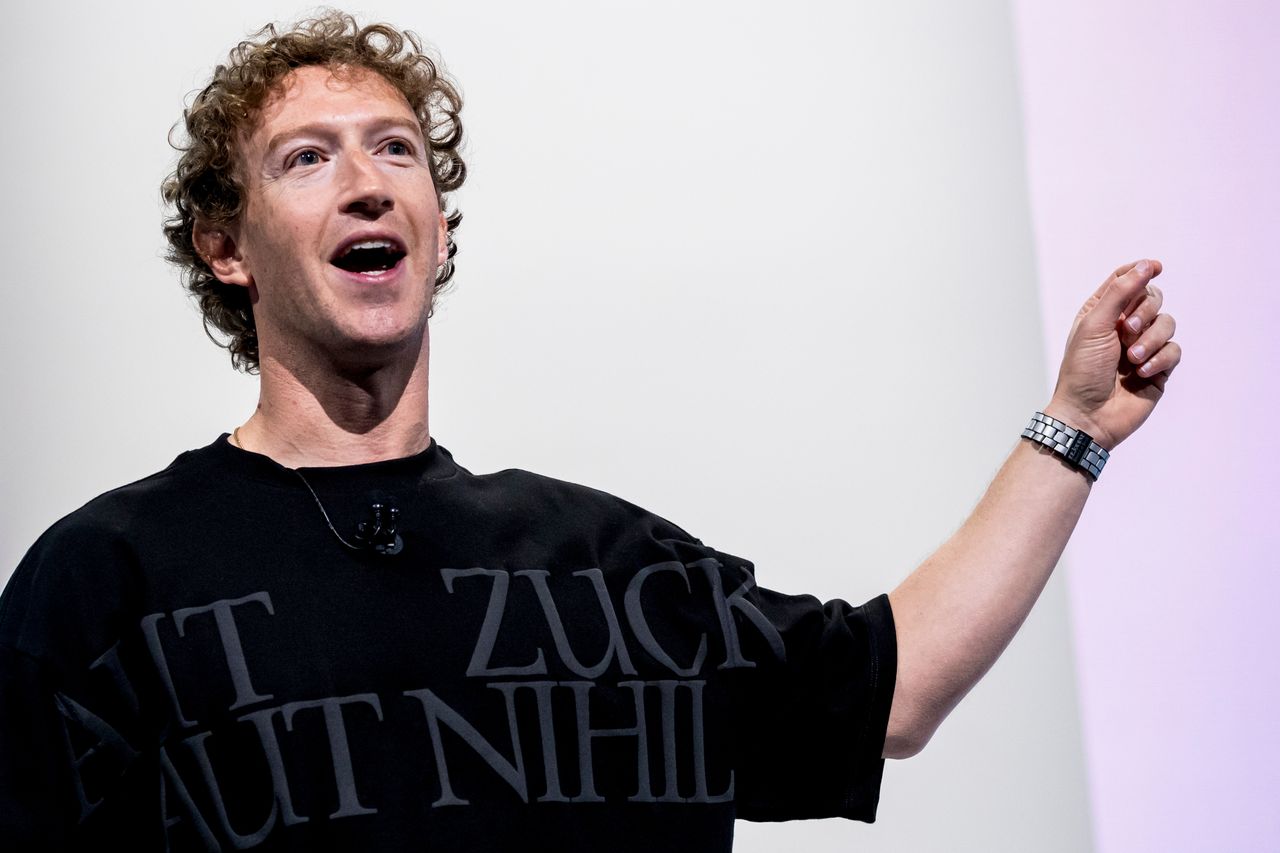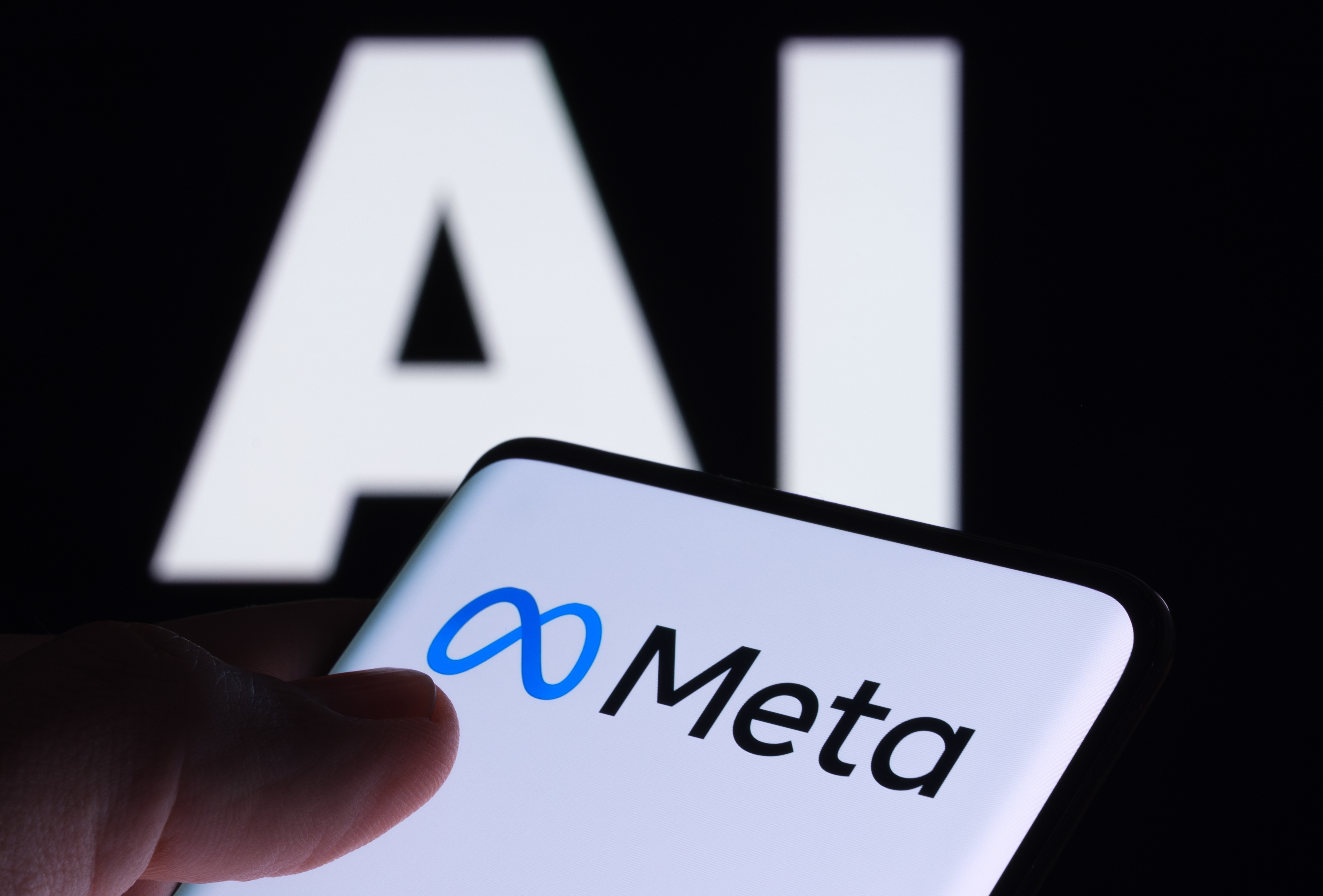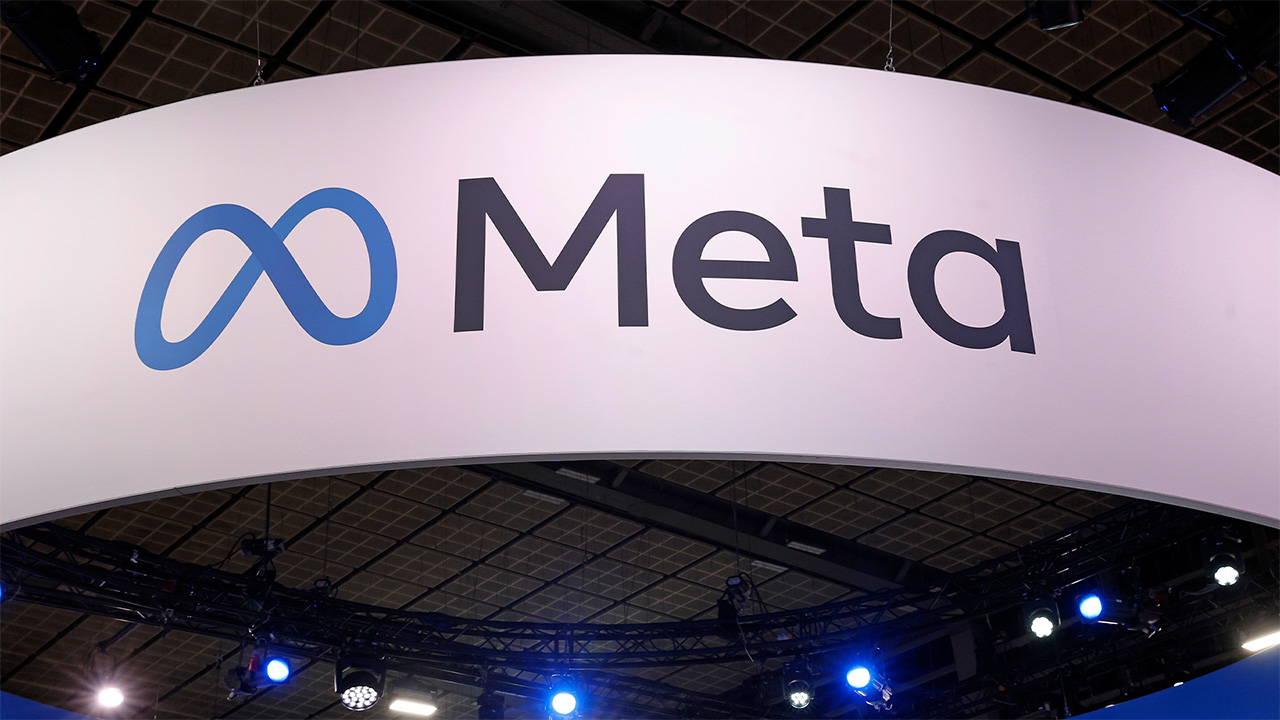
Meta is shifting gears in the AI race, claiming its systems are beginning to improve themselves; a potential early step toward artificial superintelligence (ASI). But in the same breath, CEO Mark Zuckerberg says the company will no longer release its most advanced AI models to the public, citing safety concerns.
In a newly published policy paper, Zuckerberg revealed that Meta’s AI has started refining its own abilities without human input. While the pace is “slow for now, but undeniable,” he framed the breakthrough as a foundational moment on the path to ASI — AI systems that not only outperform humans in nearly every domain but can also evolve on their own.
Researchers often describe ASI as the next rung above artificial general intelligence (AGI), which matches human adaptability. AGI is considered the key milestone before an “intelligence explosion,” where AI could rapidly improve beyond human control.
From open source to locked down

For years, Meta has touted its open-source approach to AI, making large language models like Llama freely available to researchers and developers. Now, that policy is changing.
Zuckerberg says the company will continue releasing competitive models, but the most advanced systems will stay internal to prevent potential misuse.
ASI, he warned, introduces “novel safety concerns” that demand tighter controls, even at the expense of openness.
For those unfamiliar with what open source means, it's software that's built on the principle that its source code (the instructions that make it work) is freely available for anyone to view, use and modify. A good example of a completely open source chatbot is DeepSeek.
The openness allows developers worldwide to collaborate on improvements, fix security flaws, and adapt the software for specific needs. It also promotes transparency, since anyone can inspect the code to understand how it works and ensure it’s trustworthy.
However, it also comes with safety concerns like the ones Zuckerberg is referencing including guardrails can be removed, it's harder to know who is using the software for harm because there is little to no gatekeeping.
Inside Meta Superintelligence Labs

Meta’s superintelligence ambitions are now housed under a new division: Meta Superintelligence Labs. Launched in June 2025, the group is based in Menlo Park, California, and reportedly oversees development of the ultra-secret “Behemoth” model. Tech figures Alexandr Wang and Nat Friedman are said to be leading parts of the initiative.
Meta’s decision puts it at odds with rivals like OpenAI, which still provides limited access to its flagship models through public platforms.
The move raises bigger questions for the AI industry:
- Openness vs. safety: How much access should the public have to powerful AI?
- Competitive edge: Could holding back top-tier models give Meta a strategic advantage in the AI arms race?
- Collaboration risk: Will secrecy slow down shared progress in AI research?
Bottom line
Meta is planting its flag in the superintelligence conversation and it’s willing to change its long-standing approach to do it. It's hard to know if this is a necessary safeguard or a bid for exclusive AI dominance, but either way, it will likely define the next chapter of the company’s role in the AI race.
Follow Tom's Guide on Google News to get our up-to-date news, how-tos, and reviews in your feeds. Make sure to click the Follow button.







